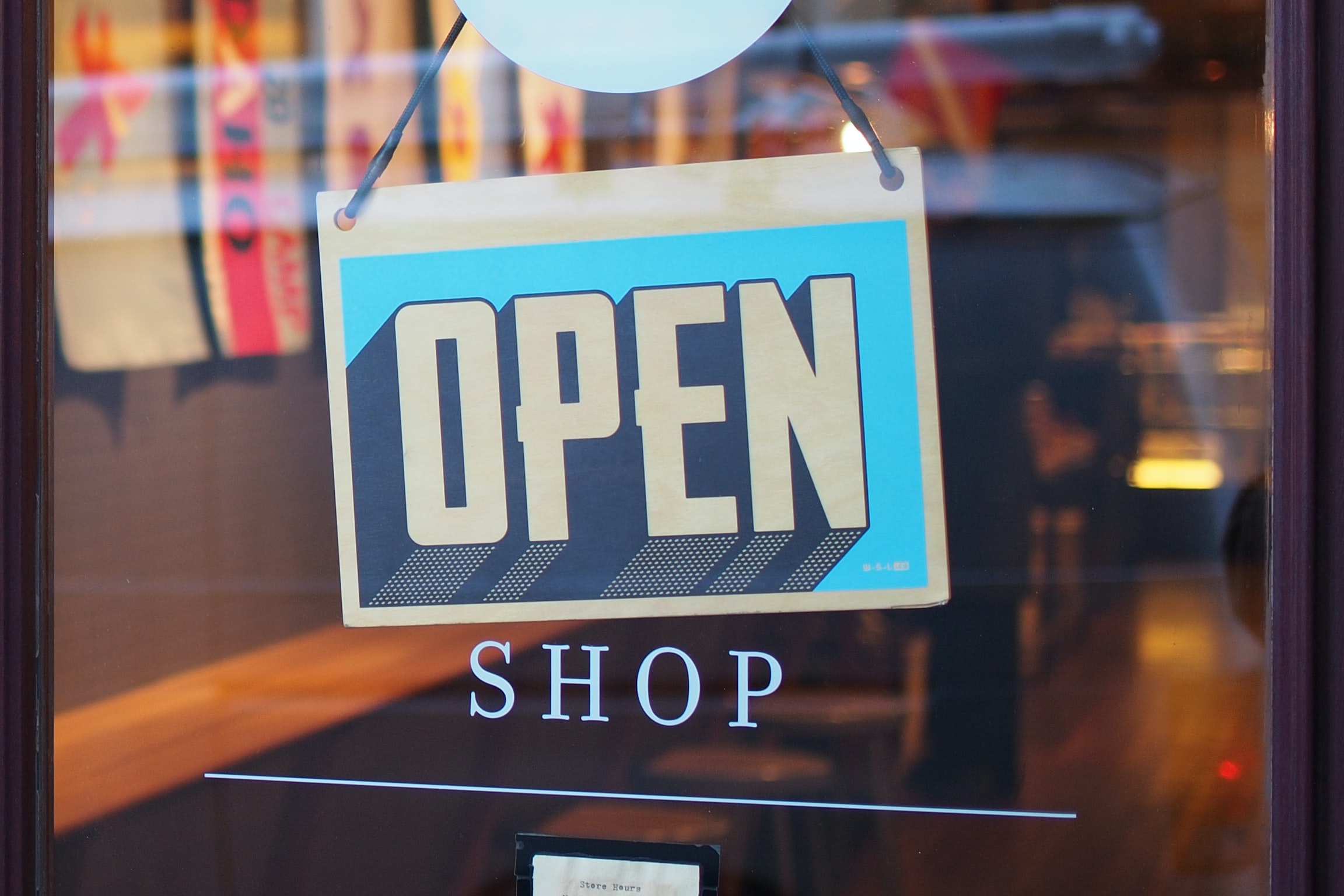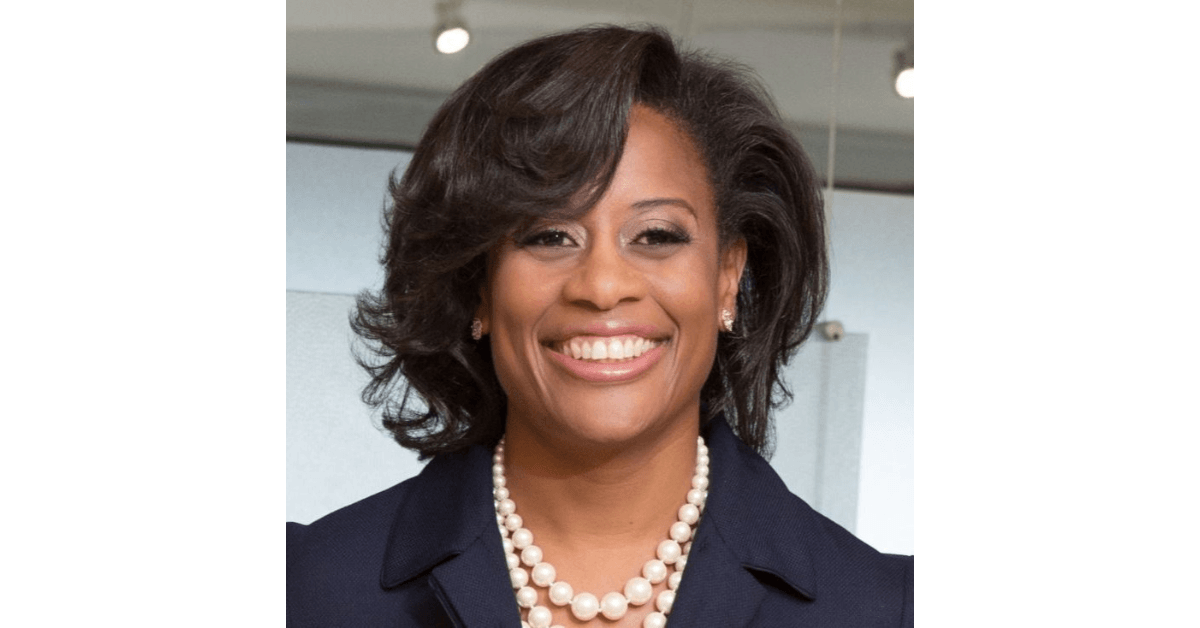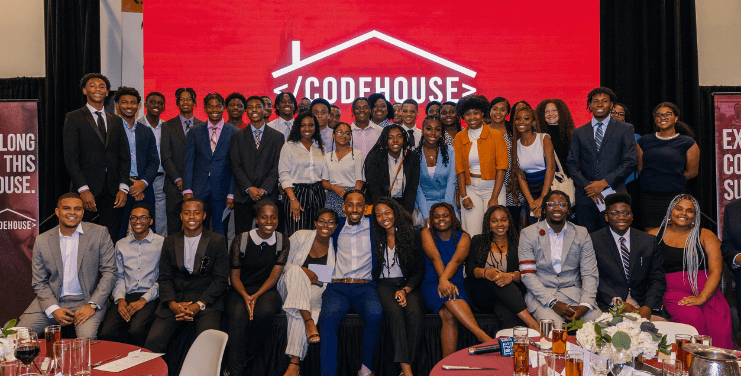KEY INSIGHTS
- The new American Innovation and Choice Online Act promises better equity competition among Big Tech companies and smaller businesses.
- Almost half (45 percent) of consumers in the United States agree that companies should pledge to support Black-owned brands.
- Four percent of Black-owned businesses are operational after three and half years compared with an average of 55.5 percent for all companies.
The American Innovation and Choice Online Act could threaten Black-owned businesses. The bill would set more direct rules to protect competition and users on dominant online platforms, which could further extend the equity gap for Black-owned businesses already competing with international markets and the growing demand for Black brands in the U.S.
“The bill allocates vast new powers to the Federal Trade Commission (FTC), allowing the commission to ignore the consumer welfare standard while imposing massive fines with minimal due process,” Gary Shapiro, president and CEO, Consumer Technology Association (CTA) said in a statement. “Everyone who is alarmed by the controversial antitrust package introduced in the House should be equally concerned by this Senate legislation.”
According to Louisiana Senator John Kennedy, who co-introduced the act, the act itself is designed to rein in the powers of Big Tech companies from favoring a company over another on their platforms. However, The FTC and Department of Justice will apply a seven-year assurance whether or not the act works for businesses and consumers. The FTC describes the businesses as “covered platforms” but does not detail the races of people who own the businesses.
Black-owned businesses already face many barriers in increased spending on Black brands and maintaining operations.
According to a World Economic Forum report, almost half (45 percent) of consumers in the United States agree that companies should pledge to support Black-owned brands, suppliers and vendors. Sixty-eight percent of respondents said their personal values outline their shopping choices. Brands like Vogue post top-10 Black brands and designer lists to support Black-owned brands. Black consumers are willing to shift about $260 billion of their annual spending to companies that better align their needs.
Many Black Americans have never had equal ability to reap the benefits of business ownership. While about 15 percent of white Americans hold some business equity, only five percent of Black Americans do. In terms of value, the average Black American’s business equity is worth about 50 percent of the average American.
Just four percent of Black-owned businesses are still operating after three and a half years, compared with an average of 55.5 percent for all companies. In the last decade, consumer retail on had two percent of Black founders, Pat McGrath Labs and Savage X Fenty. Forty-seven of Black founders’ loans were approved, compared to 75 percent for white founders. In business well-being, 42 percent of Black brands were considered to be doing well compared to 73 percent white founders.
An H&R Block survey of almost 3,000 small businesses found that 53 percent of Black business owners saw their revenue drop by half, compared to 37 percent of White owners over the course of the ongoing pandemic. In addition, some Black business owners had difficulty making an online presence transition during that time.
As the U.S. progresses into a tech-driven economy, many organizations can aid in giving Black-owned businesses resources and guidance.
The One Billion Black Business And Entrepreneur Initiative helps entrepreneurs gain access to law firms, financial coaching and a free Shopify license to help sell their products online. The Comcast Rise program has a similar format of giving free computer equipment and internet, voice and cybersecurity services for 12 months to Black, Indigenous and people of color(BIPOC) owned businesses.
The Small Business Empowerment Program offers business training and financial counseling with lending services. Operation Hope, a non-profiting working to end poverty, sponsored the program and access to a wide range of small business lending options. The 12-week training program is designed for entrepreneurs and small business owners in low-income neighborhoods.
The Minority Business Development Agency (MBDA) assists Black business owners by offering guidance on how to make export-ready products and get funding. The agency is a part of the U.S. Department of Commerce. This year, there are over one million MBA members compared to 90,000 in 1969.
MBDA recently announced the passing of the Minority Business Development Act of 2021, making MBDA permanent. This historic legislation was included in the Bipartisan Infrastructure Investment and Jobs Act of 2021. The act mandates grants to minority-serving institutions to cultivate future generations of minority entrepreneurs.
The U.S. Small Business Administration’s (SBA) website lets business owners search for SBA partners in their area. Expert assistance is also available through Minority Business Development Agency business centers located in 19 states and Puerto Rico.
Clarification on who is protected under the new competition act introduced by the Senate should be further explained. If not, Black-owned businesses could face more hidden challenges in the ever-advancing e-commerce space.








